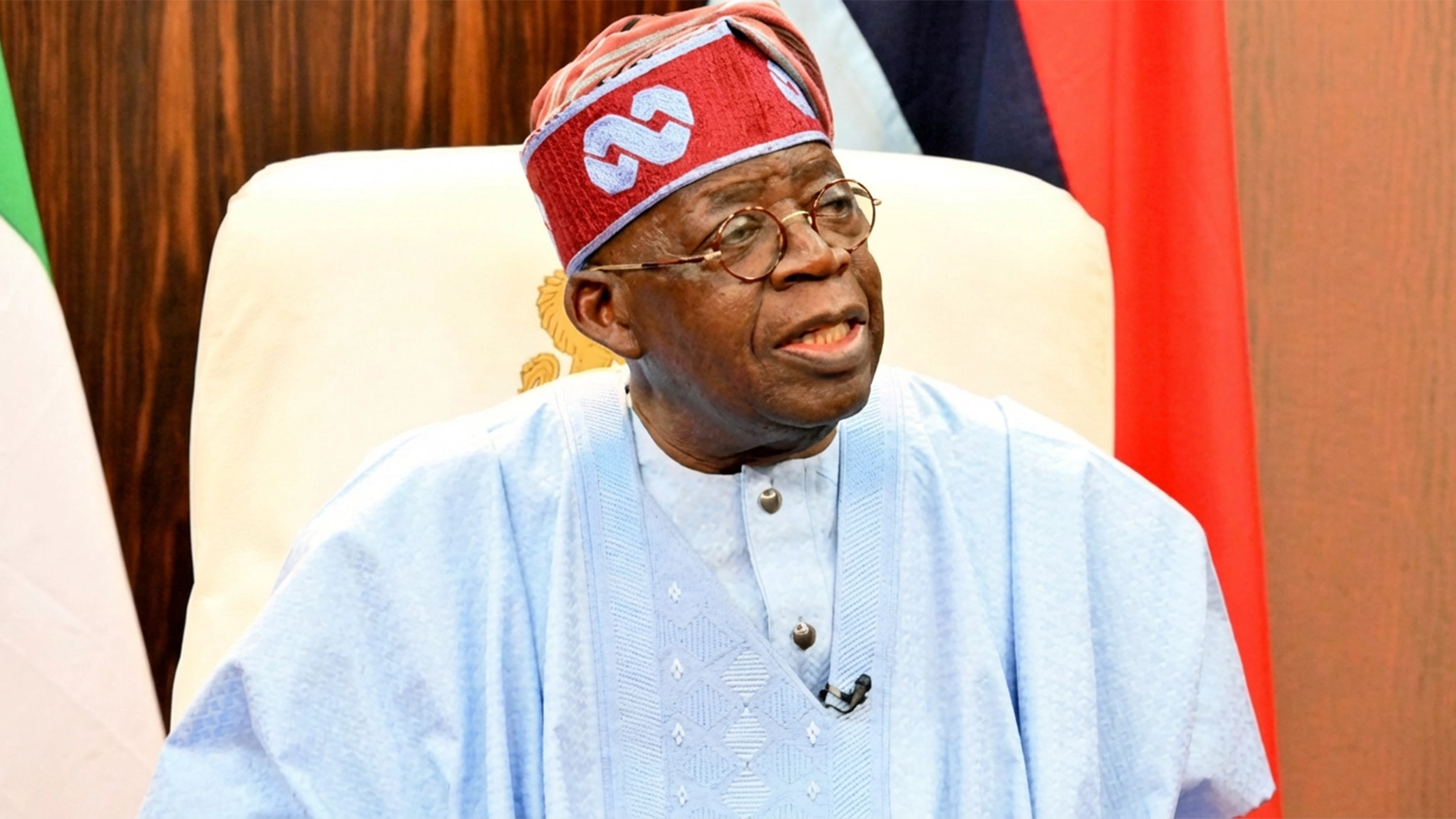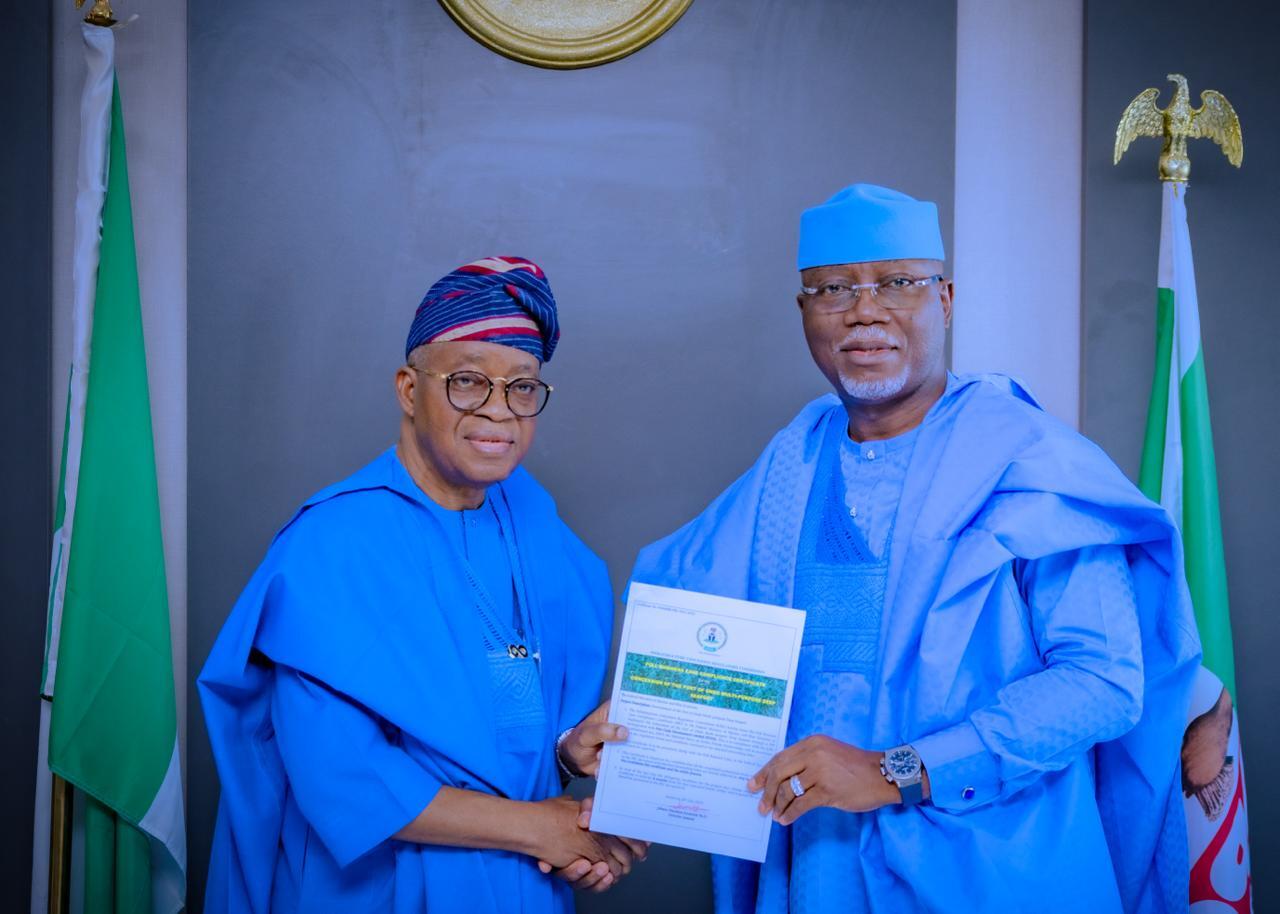By Monday Osayande, Asaba
Asagba of Asaba, His Royal Majesty, Prof Epiphany Chigbogu Azinge, (SAN), at the weekend, urged Nigerians to serve selflessly, and relentlessly for a better Nigeria.
Speaking at the groundbreaking Asagba Permanent Palace Building, in Asaba, Delta State, Azinge charged members of the Asagba of Asaba Permanent Palace Building Committee to be transparent and accountable.
While assuring that the multi-billion naira project will be completed in the next seven months, Azinge said he is optimistic that all sons and daughters of Asaba would support the project provided the process is transparent enough, and every kobo contributed to the project is fully accounted for.
The monarch recalled that he promised to make building a palace one of his priorities having pursued the dream with missionary zeal, enthusiasm, and commitment when he was the president–general of the Asaba Development Union.
He explained that he commissioned the architectural drawings of the Palace and followed it up to its completion while a
son of the soil, Architect Patrick Elikwu, produced the architectural drawings free of charge, which gave impetus to the drive to build the Palace.
The Asagba thanked his people for queuing behind him, demonstrating their support and solidarity in a way and manner far beyond his expectation, and announced with pride that the money donated so far came from only Asaba sons and daughters.
Asagba Prof Azinge, however, commended Mr Emma Odiaka, for single-handedly fencing the large and expansive palace ground and palace gate with the sum of N120m, and a member of House of Representatives (Aniocha/Oshimili Federal Constituency) Ngozi Okolie, for pledging to develop the Pavilion of the complex for the sum of N500m.
Former Speaker of the Delta State House of Assembly, Peter Onwusanya, said building a permanent Palace in Asaba is apt at this moment.
He said even though people are saying the project is delayed “what is important to us is that the mission and vision are accomplished for the overall good of Asaba people.”






